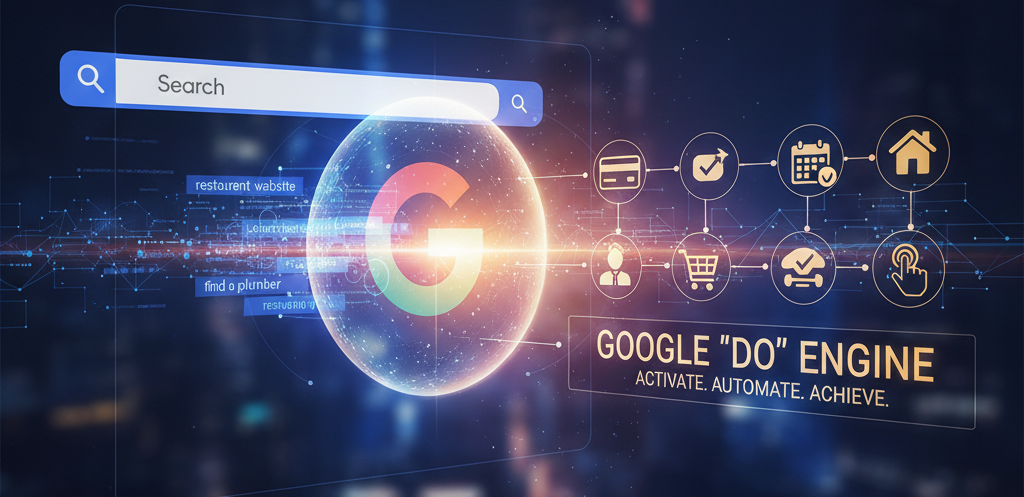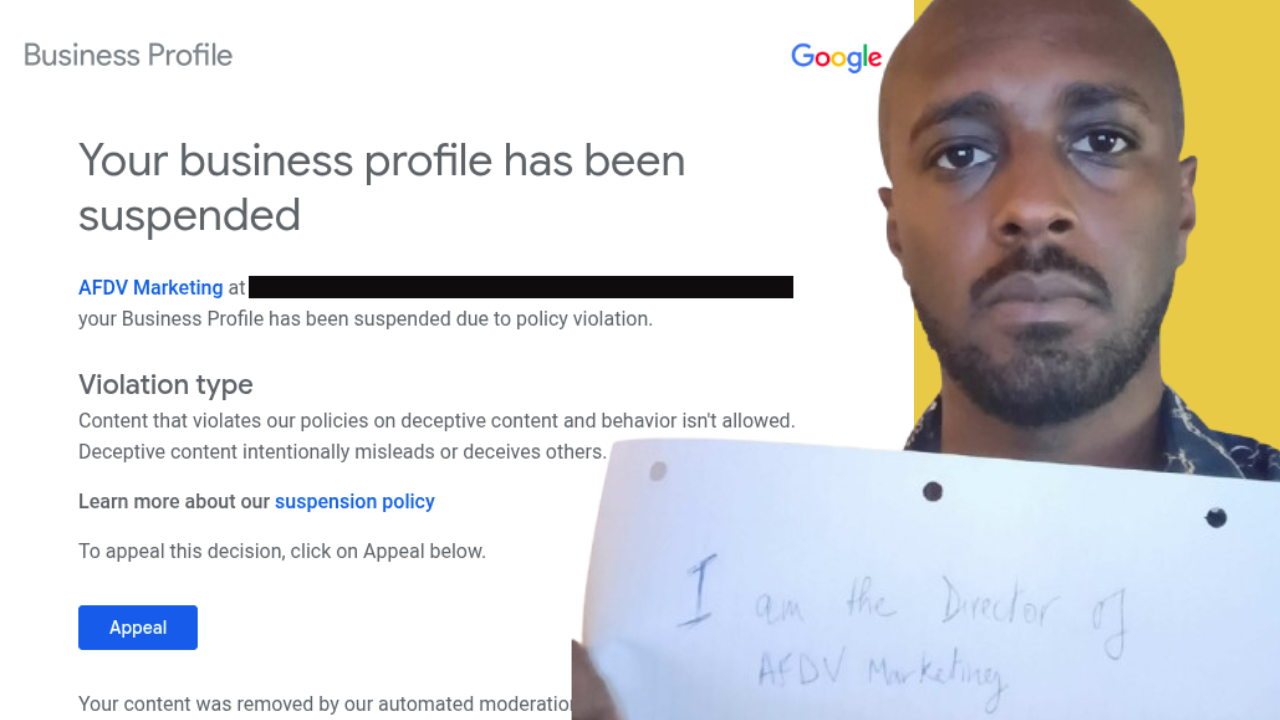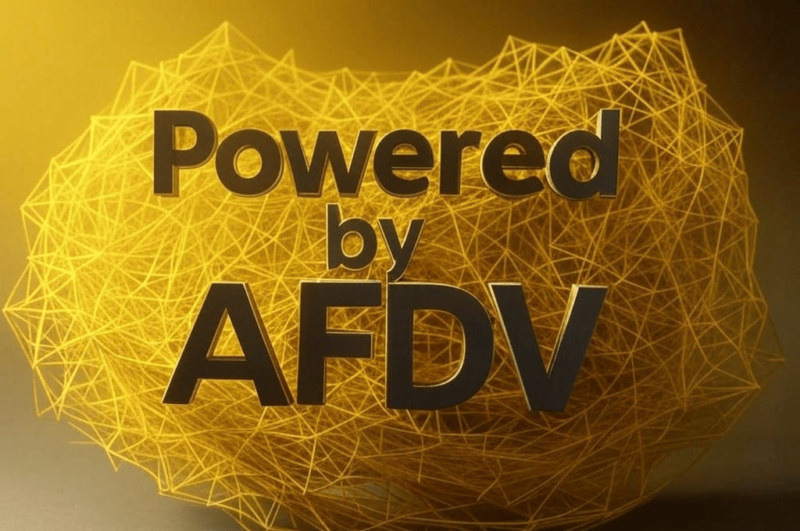AI Just Crossed Another Threshold
OpenAI’s release of Sora 2 marks a new moment for the internet: the ability to generate realistic, cinematic video from a text prompt.
Until now, “AI-generated content” mostly meant words or static images. With Sora 2, video — the most persuasive medium online — has entered the equation.
For professionals who rely on trust, such as Regulated Canadian Immigration Consultants (RCICs), this isn’t a technical curiosity.
It’s a structural change in how credibility will be perceived and proven.
If you missed our earlier deep dive into how search habits and authenticity are evolving, read How We Search Now (In Case You Haven’t Noticed).
The Real Issue Isn’t the Tool — It’s the Signal
Technology has always democratized appearance.
First came templates and filters that made anyone look like a designer.
Now, Sora-level AI can make anyone look like an expert on video.
This doesn’t mean clients will stop trusting professionals. It means the signals of trust must evolve.
If everyone can produce “professional-looking” content, what separates real expertise from convincing imitation?
The answer is simple: regulation, experience, and verifiable human practice.
We discussed this shift in our post on content writing with artificial intelligence — the logic now extends to video.
Why the CICC License Still Matters More Than Ever
In a digital space soon to be filled with AI-generated personalities, a CICC license number becomes more than a compliance marker — it becomes a credibility anchor.
When anyone can appear to deliver immigration advice online, that visible, traceable credential tells the audience: “this person is accountable to a governing body.” That’s a distinction AI cannot replicate.
If you’re building or updating your online presence, explore our article on how to build trust with potential clients — it pairs perfectly with this discussion.
How RCICs Can Communicate Credibility in the AI Era
This is not about mastering new tools. It’s about reinforcing what’s already real through the language of digital trust.
1. Lead with Transparency
Show your regulatory status wherever clients first encounter you — website headers, video introductions, even bios. Visibility builds verification.
2. Publish, Don’t Perform
Use AI to speed up research or simplify production, but ensure the ideas, interpretations, and policy commentary come from your lived experience.
That’s what Google’s E-E-A-T framework rewards — and what clients instinctively believe.
For tips on authentic communication, see how to create an effective marketing communications plan for RCICs.
3. Structure for Discoverability
Your website should speak both to people and to machines. Schema markup, clear FAQ sections, and policy explainers make your voice more likely to surface
when search engines or AI models seek authoritative answers.
Our detailed guide on local SEO and Google Business Profile optimization covers this from the technical side.
4. Stay Consistent Across Platforms
Consistency — tone, visual identity, the way you cite your license — signals integrity.
It’s the opposite of “AI slop,” and audiences feel the difference.
From Fear to Framework
At AFDV Marketing, we study how credibility behaves when technology changes.
Our conclusion so far: the professionals who endure aren’t the loudest or the most “optimized.”
They’re the ones who organize their expertise so that it’s easy to verify.
If you’re developing your next growth plan, review our insights on digital marketing for immigration consultants or listen to our Digital Ventures podcast for strategy deep dives.
AI will keep accelerating content creation. But trust — the human kind — will always move at the speed of proof.
Closing Thought
If Sora 2 makes anyone look like an expert, your job is simply to make it obvious that you actually are one.
Your experience, your compliance, your record — those are irreplaceable assets.
In the end, authenticity won’t vanish; it will just need better formatting.
To continue strengthening your authority, download The Ultimate Digital Marketing Guide for RCICs, or learn how working with a digital marketing agency can help you structure your next phase.






